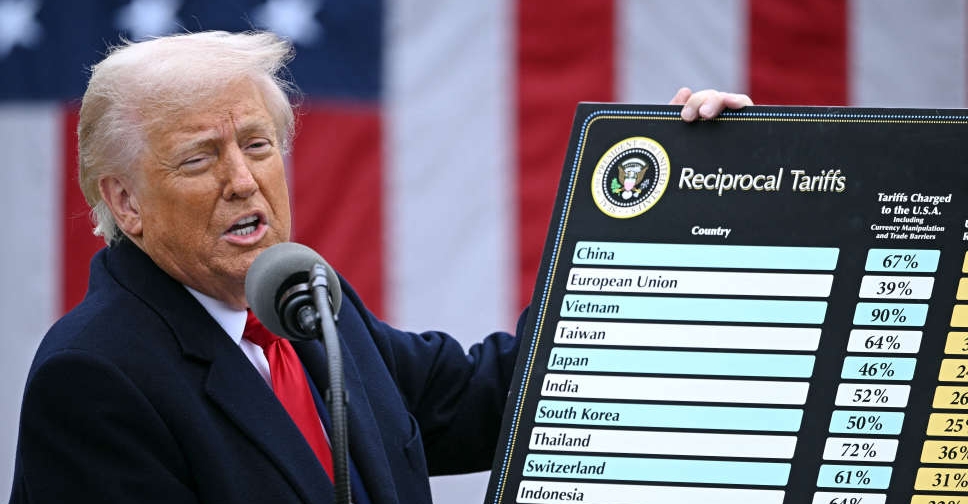
Life’s not getting easier for the U.K. economy. With growth already losing momentum this year, Britain’s decision to quit the European Union adds a layer of economic, political and market insecurity that may act as a further brake. Investors responded to the referendum by selling U.K. stocks and pushing the pound to the lowest in three decades, while Prime Minister David Cameron said he’ll step down. Moody’s Investors Service lowered its outlook on Britain to negative from stable, a move toward a downgrade of its Aa1 rating. As Bank of England Governor Mark Carney focuses on the immediate task of cementing the financial system’s defenses against the Brexit-fueled market turmoil, he’ll also need to keep an eye on longer-term implications. He acknowledged that in his response to the vote on Friday, saying policy makers will keep assessing the situation and can take more action if needed. “The question is: Is the fall in markets we’ve seen the end? I suspect it isn’t,” said Danny Blanchflower, a former BOE policy maker and now a professor at Dartmouth College. “This looks like a big negative shock to output, and we’re going to see some move to stimulus.” In addition to potentially putting another dent in the economy, the referendum fallout is another moving part that BOE officials must digest as they calibrate policy settings. With the economy heavily reliant on consumers and trade acting as a drag, growth slipped down a notch at the start of the year. That slowdown may deepen, with institutions ranging from the OECD to the U.K. Treasury having warned that leaving the EU would damage the economy.  The investor reaction to the vote was immediate, with mayhem in global financial markets on Friday, and the fallout has just begun. Uncertainty that had already shaken the economy in the run-up to the vote -- curbing investment and hiring -- will likely persist now, exacerbating existing problems including a record current-account deficit. “During the several years in which the U.K. will have to renegotiate its trade relations with the EU, Moody’s expects heightened uncertainty, diminished confidence and lower spending and investment to result in weaker growth,” the rating company said in a statement. “Should the U.K. not be able to secure a favorable alternative trade arrangement with the EU and other countries, the U.K.’s growth prospects would be materially weaker than currently expected.” The divorce sets the U.K. up for years of bitter talks with European leaders, meaning the U.K.’s ability to trade freely with the bloc, its “passport” for financial services and the free movement of people are all at stake. “The uncertainty running up to the vote was already at an epic high for Britain,” said Nick Bloom, an economics professor at Stanford University who specializes in uncertainty. “Now it’s completely unknown what will go forward in terms of trade relationships, financial and legal relationships with Europe, domestic policy, how will Europe respond -- there are just so many factors.” Spending Delays The BOE said in the minutes of its interest-rate decision this month that jitters in the run-up to the vote were already delaying “major economic decisions” such as business investment, real estate transactions, and car purchases. The slowdown could affect Europe, according to Morgan Stanley, citing direct trade spillovers, financial-market ripples, and weaker confidence. The IMF has warned that the Brexit fallout may reach the global economy. In the U.K., higher inflation is also a risk if the pound’s weakness proves persistent. Sterling was below $1.36 late on Friday, down from $1.49 the previous day. That leaves the BOE with a tradeoff between stabilizing inflation and boosting output. Investors predict policy makers will opt for the latter, with traders pricing in a 40 percent chance of an interest-rate cut by the Monetary Policy Committee’s July meeting. Household Nerves “There is going to be a further negative impact on growth, but it’s hard to gauge the amount at this point,” Azad Zangana, an economist at Schroders, said by phone. “We suspect households will cut back spending anyway, just because of fear around the impacts from Brexit, but also because inflation is likely to pick up now.” It will take time to see how businesses respond to the decision and whether they cut back on employment, Zangana said. Any increase in joblessness could also have a knock-on effect on consumption -- bad news for an economy so dependent on consumer spending. Samuel Tombs, an economist at Pantheon Macroeconomics, said a U.K. recession is likely given that the threat of Brexit alone “brought the recovery to its knees” this quarter. He sees heightened uncertainty damping capital spending while credit costs may rise. Nomura also sees a recession, with a peak-to-trough GDP slump of 2 percent. Others aren’t convinced yet. “A lot of people are talking as though a recession is a certainty -- I’m not sure that’s right,” said former BOE policy maker Kate Barker. “As we stand today, nothing very much has changed, except we have a huge bout of uncertainty. That will take time to play out.” By Jill Ward/Bloomberg with assistance from Scott Hamilton, Guy Johnson and Vonnie Quinn.



 Shares bruised, dollar crumbles as Trump tariffs stir recession fears
Shares bruised, dollar crumbles as Trump tariffs stir recession fears
 Wall Street futures sink as tariffs fuel recession fears
Wall Street futures sink as tariffs fuel recession fears
 Trump to impose 10% tariff on UAE, Saudi Arabia imports
Trump to impose 10% tariff on UAE, Saudi Arabia imports
 UAE tops global entrepreneurship rankings for 4th straight year
UAE tops global entrepreneurship rankings for 4th straight year




